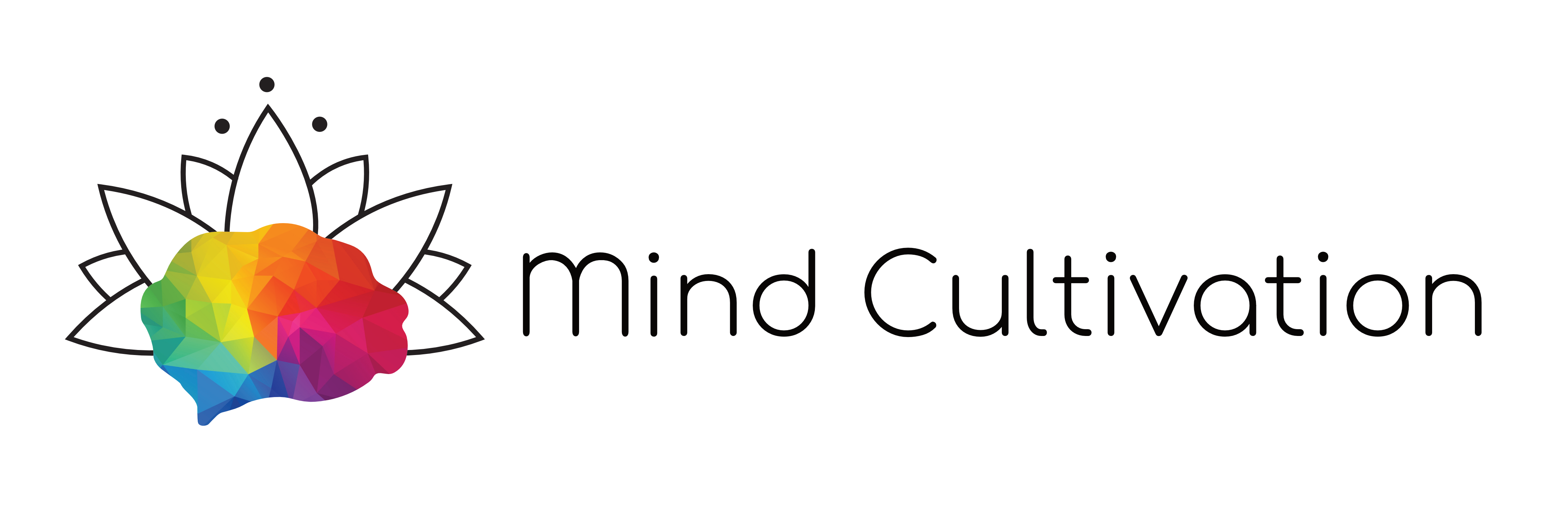Claiming your superpowers
- rebecca82461
- Apr 21, 2024
- 3 min read
Updated: Apr 21, 2024
Do you know our superpowers and how you can leverage them on a daily basis?
Sadly, when I ask people about the biggest strengths, the response is way too often an apologetic or embarrassed shrug or frown, followed by a negative statement such as “I don’t think really have any”. It’s so different when people are prompted to share what they think their weaknesses are. This list seems to be way too easy to rattle off!
It’s the negative bias in action: We seem to be so much more comfortable and better at identifying what we see as our shortcomings and deficiencies.
Here’s another example of our biological and cultural conditioning to endlessly worry about our (perceived) deficiencies and shortcomings. Have you completed a strength assessment before, e.g. the Gallup CliftonStrengths or the VIA Character Strengths?
If so, let me take a wild guess:
When you received your report, you may have had a quick look at your top strengths - and then your eyes immediately moved to the bottom of the list to check your “weaknesses”. And what you saw there filled you with disappointment and a sense of failure.
Am I too far off?
But looking for your “weaknesses” in a strengths assessment is based on a misunderstanding: They do not measure weaknesses but provide you with an overview of the relative order of talents or strengths that are present within you. The fact that some of them are bound to sit at the bottom does not automatically make them a weakness.
To better understand what I mean, let’s talk about strengths for a moment. What does it actually mean?
A strength something you can pick and choose, or learn from reading a book or doing a course. It is something that is hard-wired; a particular pattern of thinking, feeling and behaving. It speaks to the specific way you perceive the world, interpret information, and act on it in a way that consistently leads to positive outcomes.

Your strengths are your best qualities, your powerful inner resources that help you achieve goals, create positive relationships, make a positive difference, lead others effectively, and protect your own health and wellbeing.
And the best thing? EVERYBODY has strengths. We all have superpowers – but not everyone knows about them!
And that leads to problems:
If you are not aware of your potential for greatness, how can you every develop and sharpen it?
If you don’t know about your talents, how can you cultivate and use them in a meaningful, goals-oriented way?
If you are disconnected from the best parts of your identity, how can you live an authentic life?
Are you still wondering about weaknesses? Let’s address that next, starting with a definition. A weakness is anything that actively stand between you and your goals, or that otherwise causes problem for you, e.g. in your relationships or your health and wellbeing.
And now to the PLOT TWIST
Your biggest weaknesses are often the blind spots that come with your greatest strengths. They are your strength’s shadow sides.
Why? The higher something is on your list, the stronger its likely impact on your behaviour – the way you approach your work, show up in social situations, make decisions. While your strengths can help you to achieve goals, make a positive difference, and connect with others, you are also likely to overuse or misapply them from time to time.
For example, if one of my top Gallup strengths is “Achiever”, I probably have to manage my tendency to ignore signs of overwork. Or if I am high on “Empathy”, I may be at risk of compassion fatigue over time if I don’t manage my levels of emotional involvement. If I am leading with “Learner”, I may get so side-tracked with my intellectual adventures that I lose sight of the actual goal.
So, what should you do?
Focus on your top strength – they are your superpowers
Notice their shadow sides – the blind spots that can trip us up of we are not aware of them
Learn to leverage your beautiful strength and harness their full potential!
Connecting my clients with their unique strengths (and we are all unique in how we express our strengths and their particular combination) is a core part of my coaching process.
Depending on needs and context, I either use Gallup CliftonStrengths assessment or the VIA Character Strengths survey. They differ quite a bit (will post about this more soon, so stay tuned).
Have you done a strength assessment before, including a meaningful debrief?
A professional debrief of your results is an important step towards greater self-awareness and confidence, and it will lay a rich foundation for the coaching journey ahead. Get the tools to fully understand, explore and consistently apply your strengths in different contexts (e.g., work, personal life, community engagement, family life) going forward!
